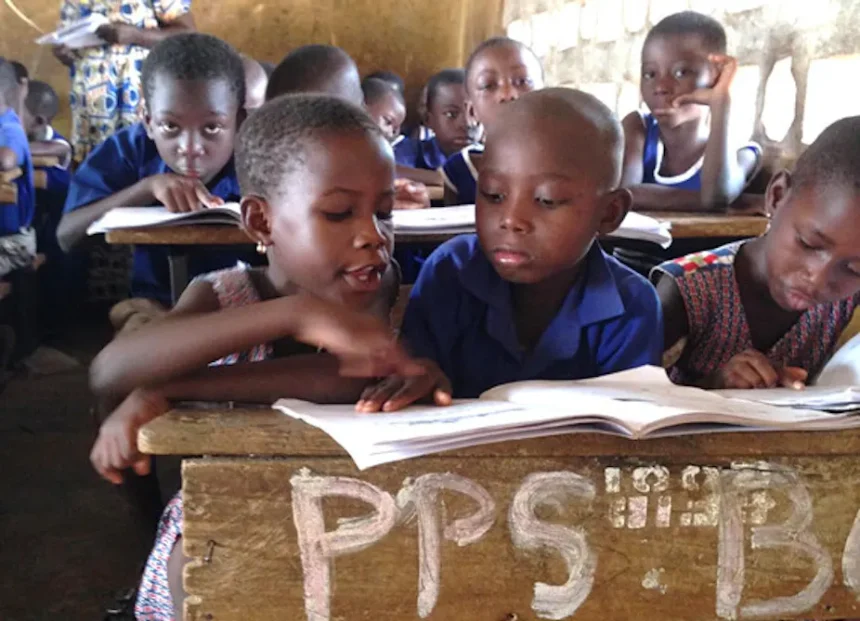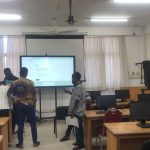Ghanaian Linguist, Dr. Nana Anima Wiafe-Akenten has called for the adequate incorporation of the Ghanaian vernacular languages in the country’s educational system, in line with the main goal of the International Mother Language Day.
On an annual basis, 21st of February marks International Mother Language Day, which was proclaimed by the United Nations Educational Scientific and Cultural Organization (UNESCO) and later adopted by the UN General Assembly. This year, the day is commemorated under the theme ‘Multilingual education – a pillar of learning and intergenerational learning’; this underscores the role of languages in promoting inclusion and achieving the Sustainable Development Goals (SDGs).
Speaking to Univers News, the linguist, who is also well-known as the first PhD holder in Ghanaian language, specifically Twi, underscored the importance of speaking indigenous languages, citing cultural appreciation and cognitive development as key benefits from the measure.
“When you learn the language, the traditional knowledge and culture is embedded in it. The things in our environment are embedded in it and you tend to appreciate and value it more. The learning of the language also helps with your cognitive development and communication skills, so it tends to open your mind because you learn about not only your culture but that of other ethnic groups as well. In addition, it shapes your values, behavior and interaction with other people.”
Dr. Wiafe-Akenten further encouraged parents to teach their children the indigenous languages in addition to the English language to incorporate cultural values in their kins.
” I will always recommend the learning of indigenous languages in addition to the English Language. This will help them learn about our cultural etiquette, customs traditions and appreciate our cultural values. Just like students are being taught how to use herbal medicine in the Kwame Nkrumah University of science and technology (KNUST)to help society, look at how these herbal medicines are helping others; we have the knowledge but when we learn about them, we value them and are ready to explore and use them in our country to generate income and help us in so many ways.”
The linguist also commended the speaker of Parliament, Rt. Hon. Alban Bagbin for urging the Minister of Education to incorporate the Ghanaian language in the educational system.
“I am glad the speaker of Parliament has proposed this, and both the majority and minority have accepted and urged the Minister of Education to incorporate it in our educational system. We can factor in using the local language to learn mathematics, science and other subjects as well for deeper understanding.”
Multilingual education is crucial for inclusive education and the preservation of indigenous languages. By starting education in the learner’s mother tongue and gradually introducing other languages, barriers between home and school are bridged, facilitating effective learning.
–
Story by: Awo Asantewaa Wiafe-Akenten | univers.ug.edu.gh




